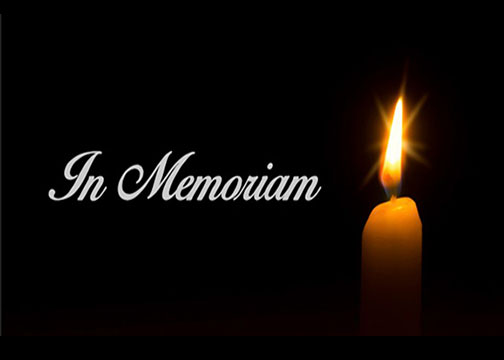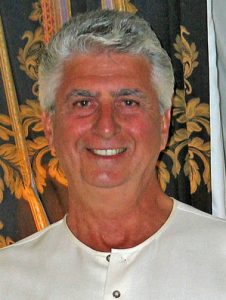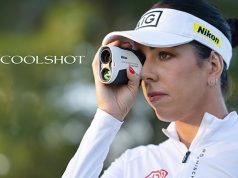
Freeport, NY—A 40-year veteran of the photo specialty industry, Ed Buchbinder passed away on March 14, 2021. A true visionary, Edward Buchbinder grew Alkit Camera from a single location to a seven-store photo-imaging powerhouse.

Started in 1936 by Alfred and Kitty Slesinger, Alkit has withstood the test of time. Ed entered the business in 1964 fresh out of college, when he went to work for his father-in-law. At the time, Alkit was located on Third Avenue and 52nd Street in New York City.
As a birthday gift, Al gave Ed his first camera—a Kodak Retina. Ed admitted he didn’t have a clue as to what photography was all about. Luckily, Kodak conducted classes in Rochester to help educate photo retailers and their staff on the basics of selling. The course was about learning the equipment and, more importantly, how to sell. Ed learned how to “ask for a sale.” Instead of asking customers if they want to buy, Ed would offer to gift wrap their new camera.
Ed loved selling and loved being behind the counter and interacting with customers. He learned his retail business and used his experiences to train his staff. He taught them how to listen to what the customers needed.
Seizing Photo Retail Opportunities
While thriving in the photo retail environment, Ed always wanted more. As the market grew, so did opportunities. Consequently, Ed added on-site one-hour developing—one of the first in New York City. This was a huge step forward for a store located within walking distance of the United Nations.
Moreover, around 1984 he saw the chance to take Alkit in an entirely new direction; he added commercial photography supplies and equipment to Alkit’s services. Since this expansion would require more space and trained staff, Ed opened Alkit Pro Camera. Located in the heart of the photo district, it was the first photographic superstore in New York City. It included on-site one-hour developing; a full selection of frames and albums; as well as film, paper and chemistry for both consumers and professionals. In addition, there was a fully stocked camera department; a pro lighting section; an electronics department; professional equipment rentals; and even a video rental department.
Believing the company needed to “grow or die,” by 1996 Ed realized new technologies were about to take a firm hold on the photo industry. Subsequently, in a few short years, Ed built four new Kodak-branded consumer camera stores, all in New York City. Each had its own on-site developing and offered the latest digital advancements for photographers, including gifting and sharing of photos. In addition, Ed opened Alkit Digital Imaging, a gallery and production facility for fine art photography. As a result, he had grown Alkit from a single 3,500-square-foot store to seven stand-alone properties employing more than 160 staff members.
Grow or Die
Moreover, Ed saw that his photofinishing was the backbone of the business. So instead of being a one-hour amateur lab, he envisioned a one-hour professional lab. He knew the future of Alkit could not rely solely on the sale of equipment but rather continuous, high-margin quality printing. At a time when most developing was done at drugstores, Alkit provided a high-quality option to those who appreciated the difference and were willing to pay a premium for it.
Ed’s legacy is that his family’s photographic business survived and thrived well into the third generation. To coin his phrase, grow or die. Alkit consolidated its operations into a massive production plant located on Long Island. The lab provides print solutions for high-volume school and sports photographers across the country, as well as portrait, wedding and social events. And yes, consumers too. 
With a firm foundation built by Ed, Alkit’s success is the integration of the latest technologies for the organization, transmission and manipulation of images and data. Today, it provides workflow solutions to streamline the photographic process from capture to output. This includes printing onto any creative gift, keepsake and specialty item imaginable. Furthermore, these technologies proved indispensable during Covid-19; clients could continue to receive their preserved memories in a touchless environment.
Edward Buchbinder leaves behind Laurel, his former wife of 38 years; his sons Steven and David, who run Alkit; a daughter, Hildy; as well as two daughters-in-law, a son-in-law, seven grandchildren and a grandson-in-law.
The family respectfully requests that anyone wishing to make a tax-deductible contribution in honor of Edward Buchbinder consider the National Alliance on Mental Illness, by clicking here.





